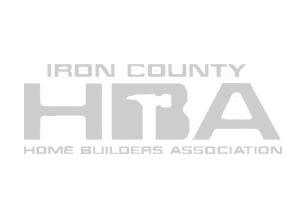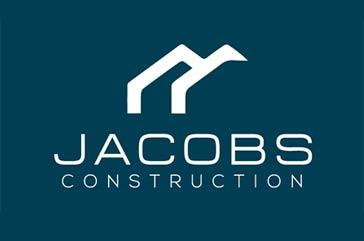In the future, you can tell friends and family what things were like during the Great Supply Crunch
If you’re contemplating a new custom home, you’re no doubt aware of rising costs for lumber and other building materials. That problem has gotten plenty of media coverage. But price isn’t the only challenge. There’s another issue that, while it gets more attention from the business media than from the popular press, is giving headaches to builders and homeowners alike.
We’re talking about the supply chain. Over the past year, we’ve seen shortages of just about everything that goes into a home, and those shortages have rolled unpredictably from product to product. No one knows when a particular item will suddenly be back-ordered or for how long. And because building product suppliers, like those in nearly all industries, have adopted a just-in-time delivery model, they lack warehouse space to keep items in stock.
If you have built before, that means this time will be different. Your builder will get the job done, but it may take longer than either of you want, and the schedule could change at any time.
This environment of uncertainty makes it more important than ever to choose the right builder. You need an experienced pro with great management systems—systems that can mitigate the effects of shortages as much as possible.
The best builders create detailed schedules, while also remaining nimble.
The construction industry uses what’s called Critical Path Scheduling, which defines the sequence in which tasks must happen. For instance, you can’t shingle a roof before installing the sheathing.
The critical path also defines when products must be selected and ordered, and this is where homeowners are feeling the biggest impact. Basically, everything has to be ordered earlier. To visualize this, imagine a line drawn from left to right, with deadlines for selecting each item marked at intervals on the line. The entire line has shifted to the left.
Windows that took 4 weeks to get in the past now require 16 weeks. Cabinet decisions that could wait until after drywall installation may now need to be made as soon as the kitchen has been rough-framed. In some cases, the back-order may be such that keeping the job on schedule requires the homeowners to choose a different item. We’ve seen this with some ceramic tiles.
Even with great planning and timely selections, on-time delivery isn’t 100 percent guaranteed these days. Shortages and backorders can strike unexpectedly, and that’s where nimble scheduling earns its keep.
Whether the schedule can adapt to a specific delay depends on the product. If the aforementioned roof sheathing doesn’t show up on time, the job can’t move forward. That delay is a stop sign on the critical path.
On the other hand, the builder can schedule detours around some delays. Plumbers and electricians usually don’t start running pipes and wires until after the siding is complete. But what if the siding gets held up because there’s an unexpected 2-week delay in window deliveries? Siding can’t begin until the windows are in place. Neither can insulation or drywall, as they both require a guaranteed dry interior. The answer is that the plumbers and electricians can start early.
Of course, you may be aware that there’s also a supply crunch when it comes to skilled trades. There simply aren’t enough electricians, plumbers, HVAC technicians, drywall finishers, and others to meet current demand. That makes it tough for them to reschedule. However, these trades will be more flexible when working for an established professional with whom they have a longstanding business relationship.
That pro is the builder you want on your side under any circumstances, but even more so during this challenging time.





